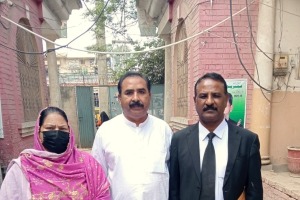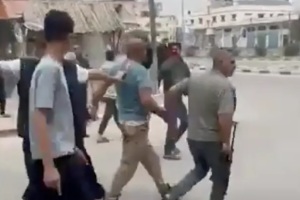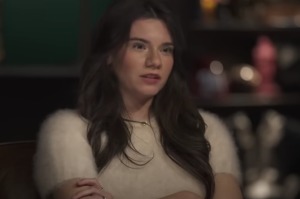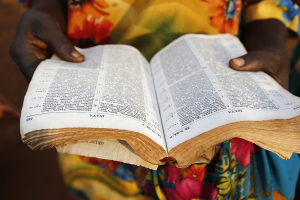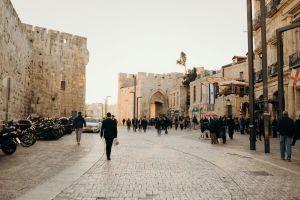Arrests Made in Taliban-Ordered Shooting of 14-Year-Old Activist
Three men have been arrested in connection with the shooting of 14-year-old Pakistani blogger and activist named Malala Yousafzai. Police have revealed that the three men were all suspects, but the man responsible for ordering the hit has not been taken into custody.
Yousafzai was shot in the head earlier this week as she walked home from school. The 14-year-old became famous for her criticism of the Taliban's ban on education for girls. She wrote a powerful blog that became known around the world and promoted education for girls just like her.
"I felt hurt on opening my wardrobe and seeing my uniform, school bag and geometry box. Boys' schools are opening tomorrow. But the Taliban have banned girls' education," Yousafzai wrote in 2009.
It was comments like that that brought awareness to the plight of young girls under the Taliban and angered officials. But the shooting has brought a new kind of awareness and unity among the Pakistan people and the rest of the world.
"Today is the sacred day of Friday and the entire nation is praying for her health. I pray to Allah that He bestows her with good health very soon," Major General Asim Saleem Bajwa told reporters. "Malala's condition is satisfactory, praise be to God, but the next 24 to 36 hours are critical."
So far, doctors have stated that she is able to move her arms and legs but remains in critical condition. The bullet was successfully removed from her skull yesterday, and Yousafzai has been moved to a military hospital, where she will continue to receive treatment.
The Taliban has not only confirmed that Yousafzai was the intended target of the shooting but seemed to brag about their actions.
"She has become a symbol of Western culture in the area; she was openly propagating it," Taliban spokesman Ehsanullah Ehsan told The New York Times. "Let this be a lesson."
Yet others have hailed the young girl as a hero and a symbol of "the brave girls of Swat. She knew her voice was important, so she spoke up for the rights of children. Even adults didn't have a vision like hers," documentary filmmaker Samar Minallah told The Times.
















